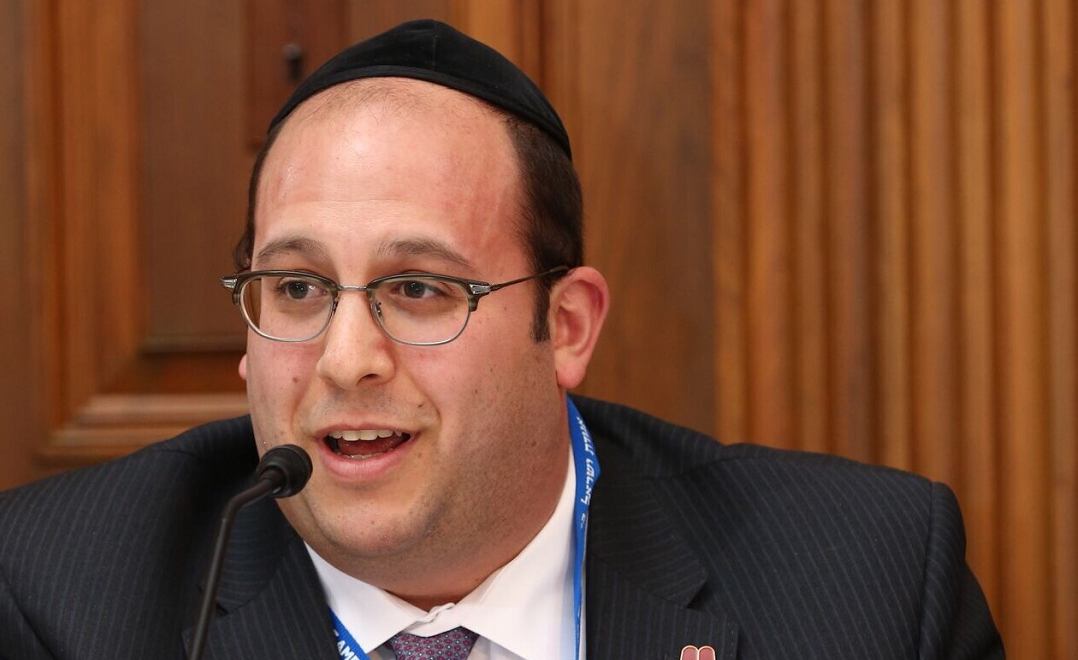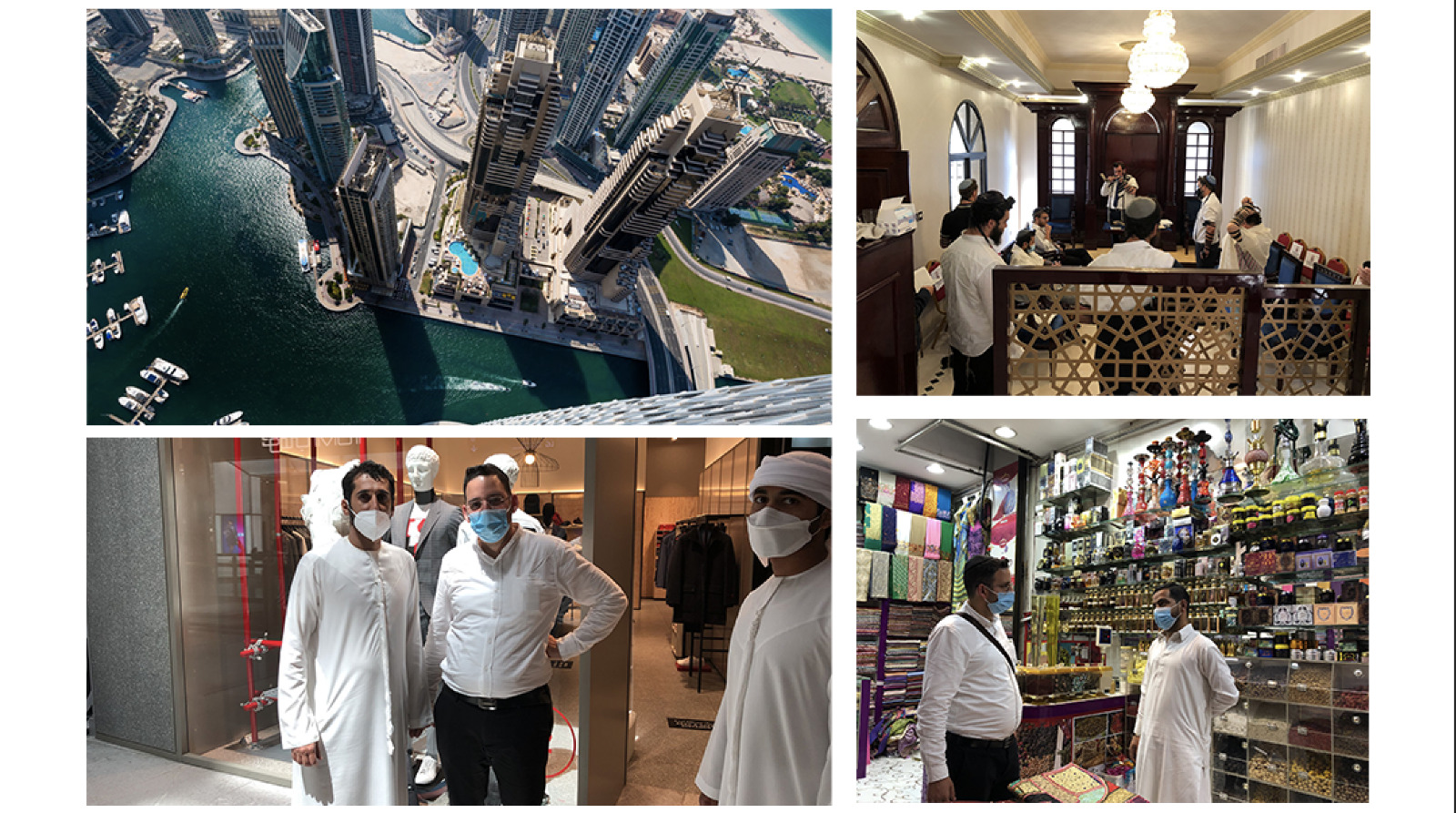Nerves of Cyber


By 2004 Deutsche Telekom had signed a research partnership deal putting Be'er Sheva on par with the telecommunications giant's biggest research and development labs in Silicon Valley and Germany. That was followed two years later in 2006 by the creation of an innovation lab focusing on Ben Gurion Universaty students and faculty members working on patents for Deutsche Telekom.
Back in the 1980s Be’er Sheva still resembled the dusty desert town our forefathers might have encountered. But today the combination of Israel’s efforts to induce people to move out of overcrowded big cities to the periphery and Be’er Sheva’s development as Israel’s cyber nerve center is creating new opportunities for this desert city.
Walking into the Ben-Gurion University Cyber Security Research Center in Be’er Sheva there’s little doubt that one has entered a high-security compound. For one thing the precise location of the center cannot be mentioned in print. For another the entrance to the lab is protected by several layers of maximum security doors each requiring a handprint to access the next room.
Inside the center could not look any more like a nerve center of cyber warfare and defense. Glass-walled offices line the narrow hallway leading into the depths of the lab with mathematical equations written on nearly every available glass space. An intimidating serious atmosphere pervades the place.
Like in the private sector researchers here are experienced computer professionals with the ability to hack into foreign networks with little to no effort. If as Iran alleges Israel was involved with Stuxnet the malware that shut down part of the Islamic Republic’s nuclear reactor at Natanz in 2010 it likely emanated from a setting like this one.
“In general security breaches are very difficult to detect — the average time for defensive experts to even realize there has been a breach is about 200 days” says Gilad Peleg CEO of SecBI a year-old startup located at the Gav-Yam Advanced Technologies Park which is adjacent to the research center. “The hackers are smart — they either design a dormant period for their malware or they learn how to fly under the radar until they decide to strike.”

The university’s investment in cyber studies stands at the heart of a citywide push to establish the city as a global center of cyber research and industry. That project a multifaceted initiative that includes contributions from the university city hall the private sector and the IDF has laid the foundation for a cyber ecosystem that will cross-pollinate across business academia and the military.
The project has its roots in the 1990s at a time when a troika of factors combined to put the country on the path to becoming the start-up nation. In 1996 an MIT-educated economist named Binyamin Netanyahu was elected prime minister setting the country on a course of replacing the country’s outdated socialist economy with American-style capitalism. That process was aided by the arrival of more than one million Jews from the Soviet Union many of whom landed in Be’er Sheva and brought with them a cultural predilection to encourage their children toward the science and math fields.
Oops! We could not locate your form.













